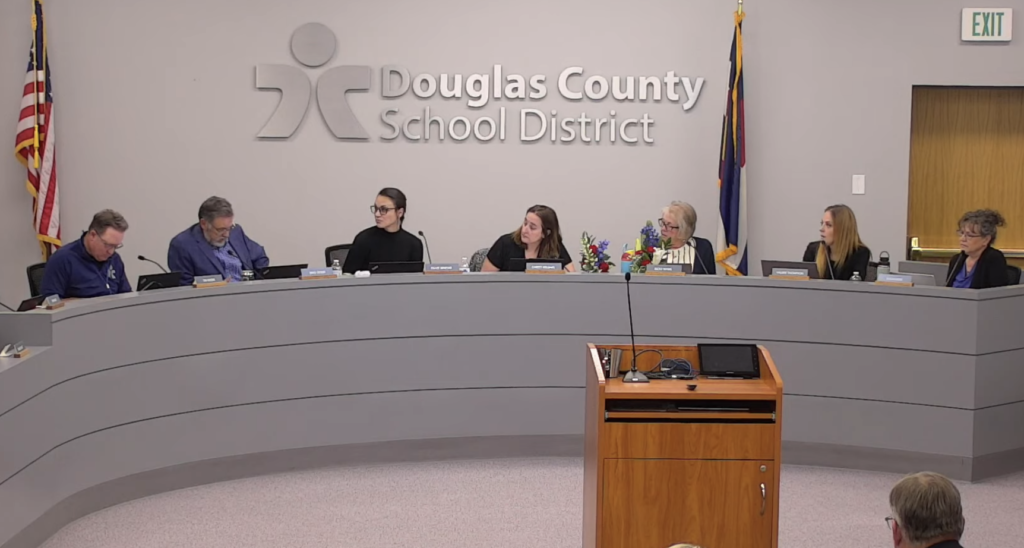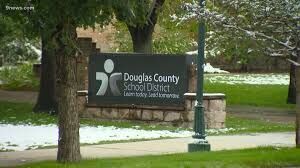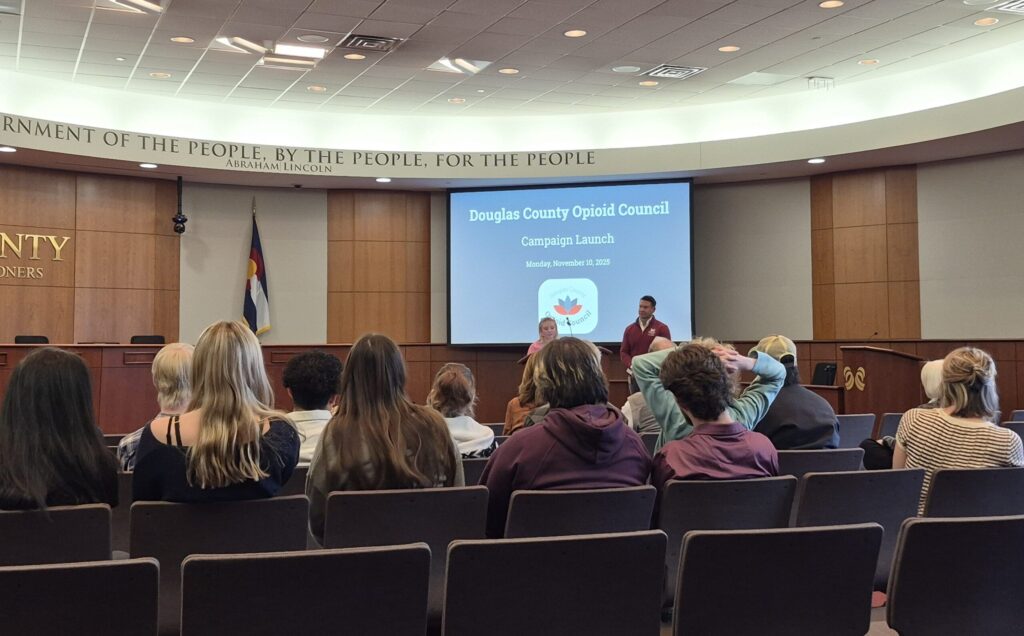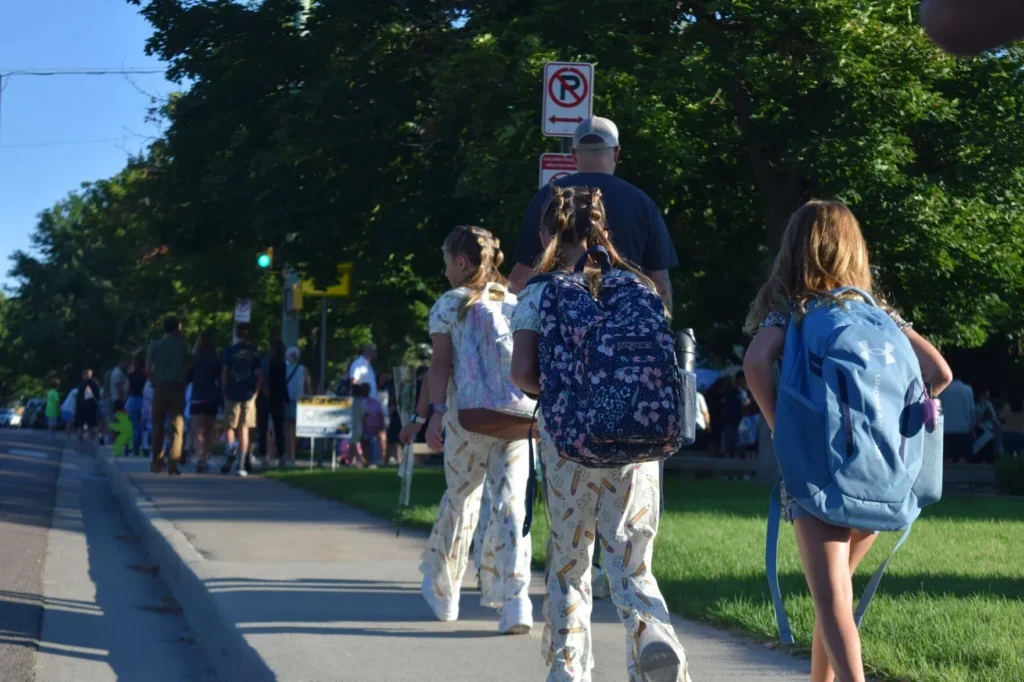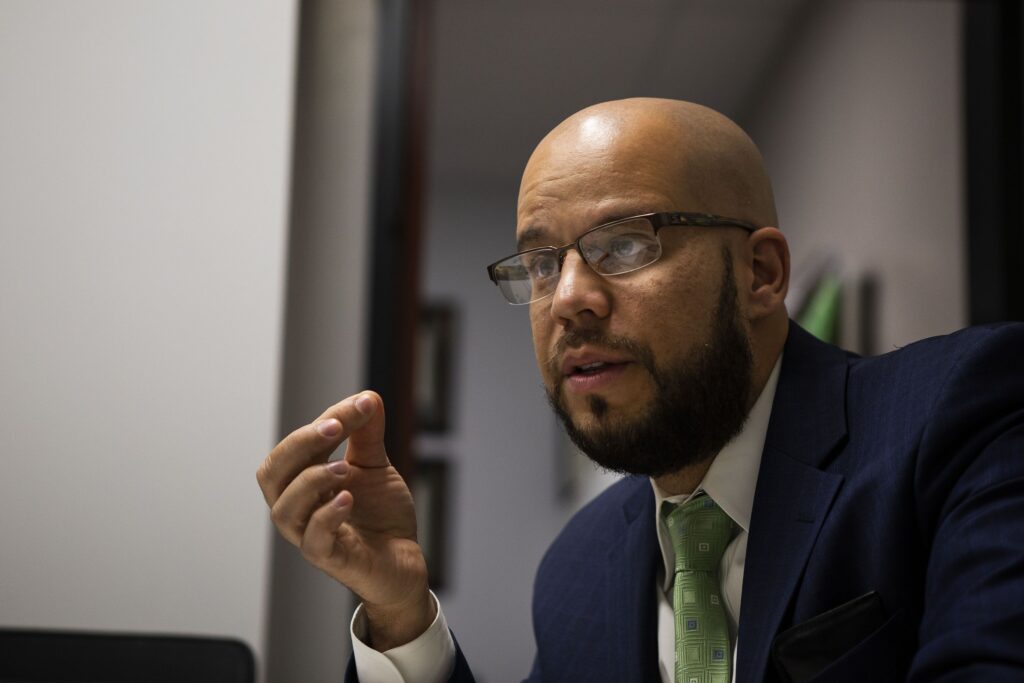‘Kids look to their parents’ — experts urge calm, routine after Evergreen shooting
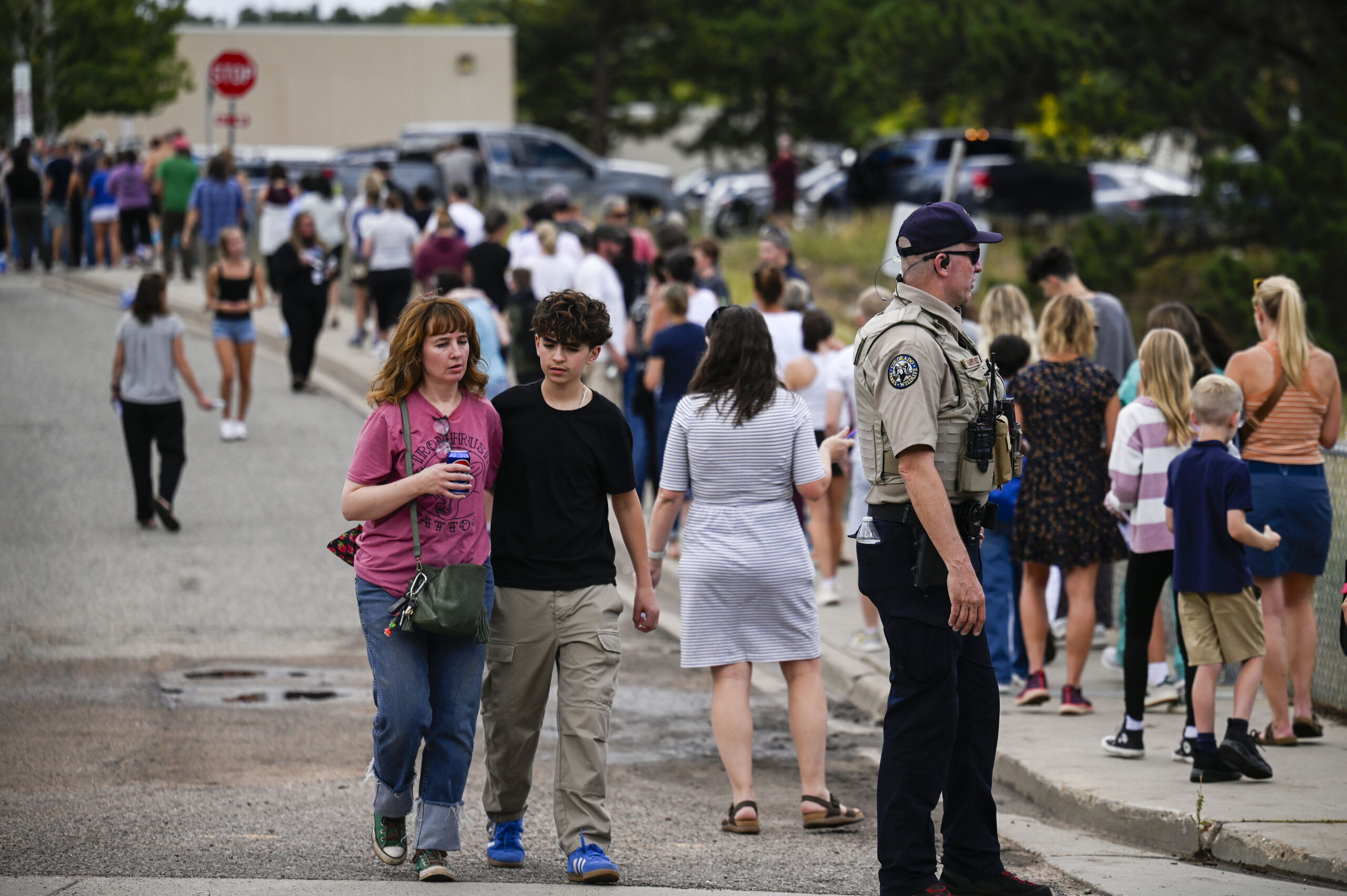
The adolescent brain craves routine and structure.
And in the aftermath of a school shooting, mental health experts said keeping life as predictable as possible is a key strategy for helping students recover.
“We want to keep the structure in place that helps our kids and our families feel a sense of control,” said Monica Fitzgerald, director of Center for Resilience and Wellbeing at the University of Colorado Boulder.
Fitzgerald added: “We really want to hone in on our routines. That’s going to help our kids feel safe.”
The center is a group of educators, psychologists and social workers whose mission is to cultivate “the power of connection to foster resilience” in children and the adults who support them, according to the organization’s website.
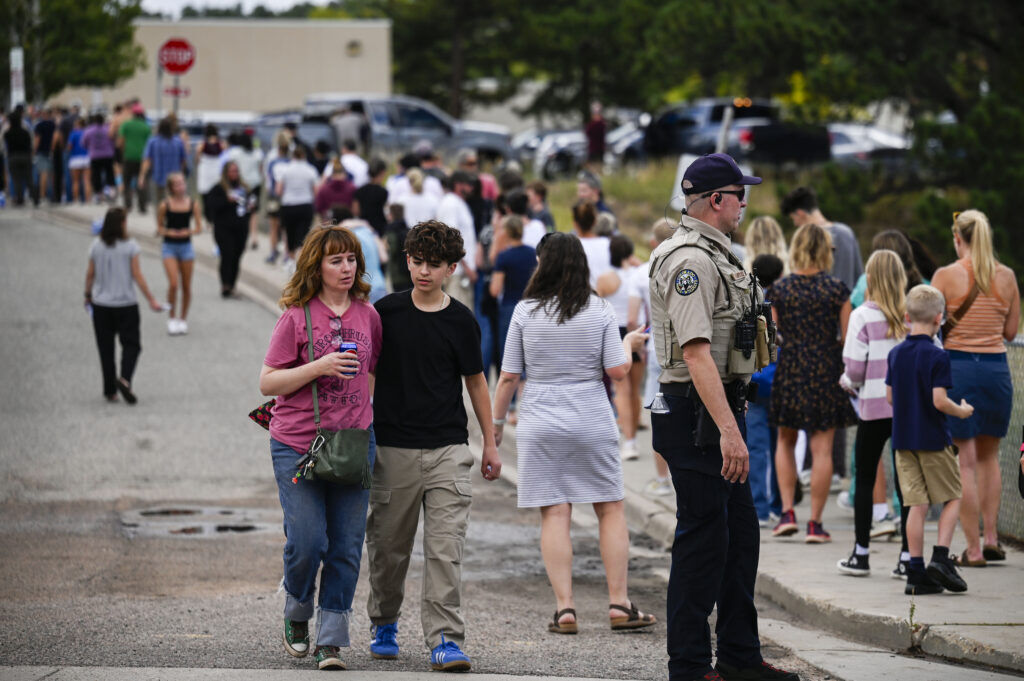
On Wednesday, Desmond Holly, 16, allegedly entered Evergreen High School with a revolver, fired and reloaded multiple times, injuring two students before turning the gun on himself.
The weeks following a distressing event can be crucial.
“Kids really look to their parents at times like this,” said Angela Narayan, a professor of clinical child psychology at the University of Denver.
“As adults, we can’t say to kids, ‘Don’t worry, it’s not going to happen again. Don’t worry,’” Narayan said. “That wouldn’t be a truthful thing to say. That’s the thing that’s really, really alarming with these school shootings — that they’re still happening.”
An academic researcher and expert on childhood trauma and resilience, Narayan said the best predictor of how adolescents recover are their parents — a finding supported by decades of research.
In much the same way the advice on an airplane is for parents to place the mask on their face before their children, adults should check in with themselves first, these experts said.
The reason?
Because when parents are stressed, their children often feel it too.
‘Worries in their backpacks’
Experts recommended several practical strategies adults and students can use. For example, limiting media exposure can help reduce anxiety while regular breaks, physical activities and deep breathing exercises give the body a chance to reset.

Sticking to familiar routines — mealtimes, bedtimes and schoolwork — provides stability. And reaching out to supportive friends and family can help kids feel less isolated.
Labeling emotions is equally as important.
“I’m better able to regulate a feeling if I can first name it,” Fitzgerald said. “Labeling feelings is really a fundamental skill for adults and for kids.”
This — coupled with a warm tone, acknowledging the situation, being present, reassuring their safety but not making promises — will go a long way to helping students regulate their emotions.
“So, they don’t have to carry around their worries in their backpacks,” Fitzgerald said.
That — with frequent check ins.
“Multiple, short conversations can be more powerful than a single big conversation,” Fitzgerald added.
JeffCo Public Schools’ officials shuttered 10 campuses in Jefferson County between Evergreen and Conifer to give students, staff and families time to process the trauma.

“I am devastated to share this news with you, and I am also angry,” JeffCo Public Schools Superintendent Tracy Dorland said in a statement in the hours after the shooting. “No child should ever face this kind of danger, and no community should be asked to absorb this kind of pain.”
‘No one size fits all approach’
In the wake of a traumatic event, like a school shooting, feeling overwhelmed is the brain’s natural response.
“All brains struggle to make sense of experiences and it’s hard to do that with all the fear and unpredictability and threat,” Narayan said.

The after-affects can last up to a month or more, depending on how an individual’s brain processes the event and the proximity to it.
When an event is neutral or positive, the memory fades over time. But with a traumatic event, the protective brain shields those memories.
“You’re not going to remember everything because the brain is so overwhelmed,” Narayan said.
That means some students and adults could need support weeks and months after the shooting has receded from the headlines.
Acute stress — these experts said — can linger with nightmares or feelings of shock, disbelief and overwhelm.
“There is no one size fits all approach,” Narayan said.
Deepening a sense of community will be crucial for weathering the crisis as feelings of isolation can exacerbate stress, anxiety and depression.
Located about 30 miles west of Denver, Evergreen is an unincorporated mountain community with a population of less than 10,000 people located in Jefferson County.
While students and families live in a more-spread-out area in Evergreen, community leaders may want to make a collective plan to bring people together, experts said.
But the mountains can also be an asset.
“We can really leverage the mountains and nature to find healing,” Narayan said.









